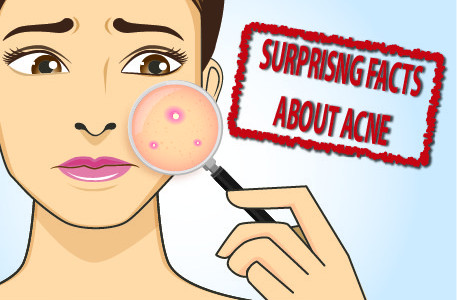By Jana Taylor
Artificial fragrances are in almost everything today, from shampoos to sunscreen and candles to cleaning products. But growing evidence suggests that these sweet smelling additives are doing more harm than good.
When a manufacturer’s label lists “fragrance” or “perfume” in the ingredients section, it does not necessarily mean that it’s a single artificial fragrance added. It actually means that there can be dozens of different chemicals that are mixed together to form the one item listed as “fragrance” on the label. Because fragrance can be considered proprietary, the FDA does not require manufacturers to list every component that comprises their own blend. This is a common practice, but one the general public is not necessarily privy to.
If a fragrance is used in a product to mask other odors from the ingredients, it is not required to even be on the label. This comes as quite a shock to many people who presume if there is something in the formula, it would always appear on the label. Some reputable companies who use these “masking” fragrances do list them on the label, but many more do not because it is not required by law. When a label says “unscented” or “fragrance free”, it is still not a guarantee that the product won’t contain fragrance additives.
In reality there are over 3,000 different chemicals that fall in the fragrance category. Any one of these are chemicals that can be harmful to certain people if they have an allergy or sensitivity and, as it turns out, they can also do harm to the environment.
What are the risks associated with fragrance additives? They are hormone disruptors. This because nearly all fragrances contain parabens, which are known endocrine disruptors. They can affect fertility and weight among other things. There is also some concern that they may be linked to various forms of cancer. Research on this is still ongoing. Fragrances are also allergens. They are among the top 5 allergens that can trigger asthma attacks; and, the National Academy of Sciences targeted fragrances as one of the six categories of chemicals that should be given high priority for neurotoxicity testing.
But there are also environmental risks to consider. Synthetic fragrances have been found in aquatic animals. They can kill or effect the development of fish and other aquatic life.
These are troubling facts that I have laid out for you. As a consumer, you make choices every day for yourself and your family about what products you will use, and now I’ve made the claim that in many cases you do not have all the information you thought you had. Knowing the facts, though, can make a difference. I would like to also remind you that Peaceful Mountain® has remained committed to providing the most natural products we can. And we make the explicit promise to you that there are no added fragrances (or masking fragrances) in any of our formulas. Period. You can rest easy when you purchase any of our products that you are getting just what you presume you are getting, and nothing added that you don’t.
…
 Jana Taylor is a staff writer for Peaceful Mountain.
Jana Taylor is a staff writer for Peaceful Mountain.

 The facts you never knew about pimples
The facts you never knew about pimples